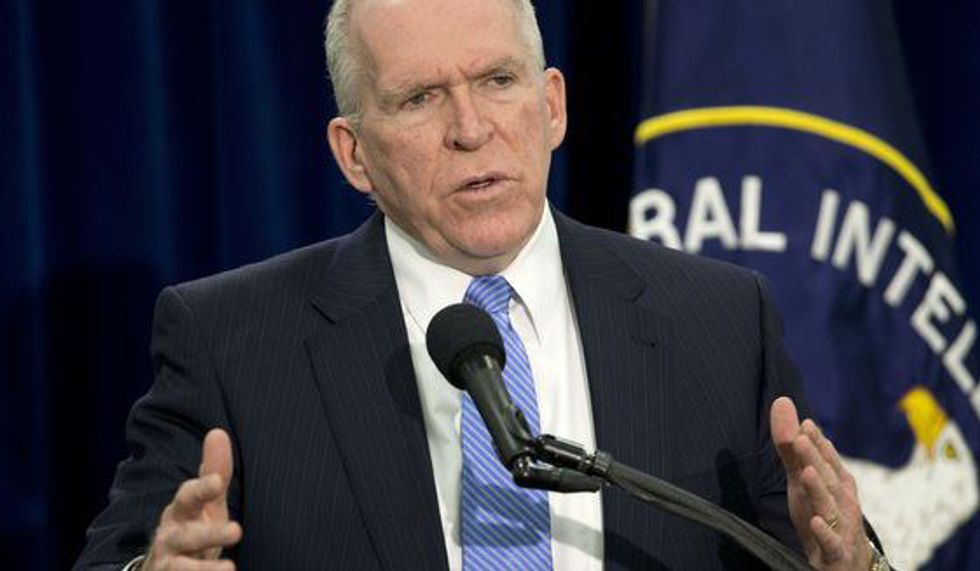We are submersed in the age of technology. The world is growing smaller and smaller with every click of a button. It is possible to keep in contact with long lost friends who now live across the globe, to always be on the cusp of breaking news and to always be aware of the happenings nearly anywhere you want.
But what is the cost of the growing interconnectedness ?
CIA director John Brennan identified these potential consequences, saying that the same technology we use everyday to comment on the newest piece of celebrity gossip is also being used by extremist groups to aide in their acts.
For example, a clique of ISIS women have been using their public twitter profile to bring light to their platform and encourage other young women to join their cause. Through the use of the popular social media site, girls are given advice meant to inspire them to travel to ISIS controlled areas. The extremist group is making use of one of the many functions of the internet to promote their ideology, and the problem is only growing.
In fact, a recent study reported on by CNN brought to light between 30,000 and 46,000 accounts that supported ISIS on Twitter alone. Due to this growth, Twitter and Facebook have been working to shut down openly public extremist profiles. This effort has done much to reduce the impact of these groups on social media.
Why are Twitter and websites like it an easy platform for people trying to send a potentially dangerous message? The same reason we use them every day: the message can be received by many people very quickly.
The potential promotion of extremist groups adds to a growing list of problems on social media and the growing impact of a shrinking world.
Do the consequences of interconnectedness outweigh the positive aspects?




















